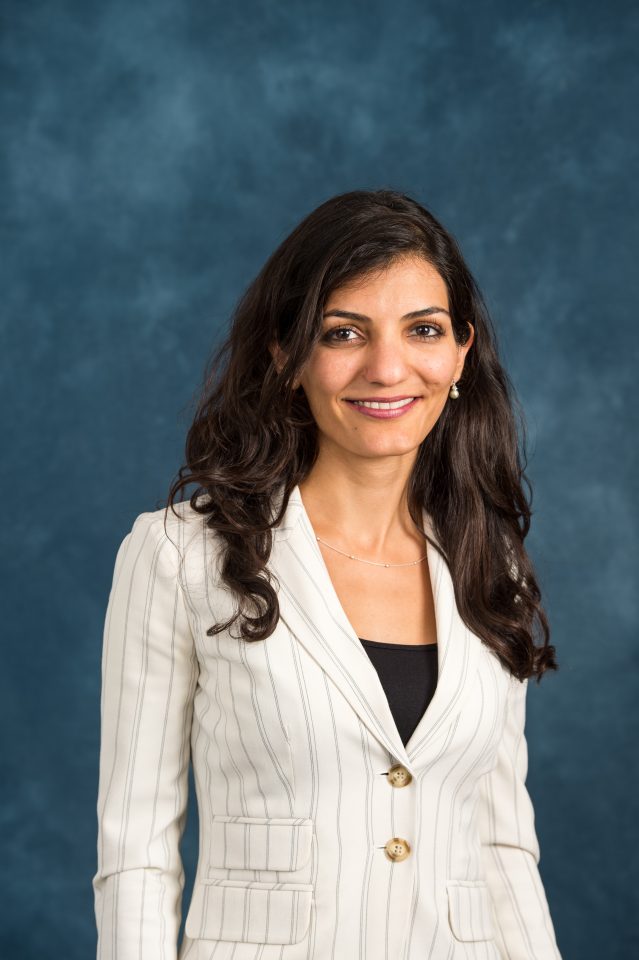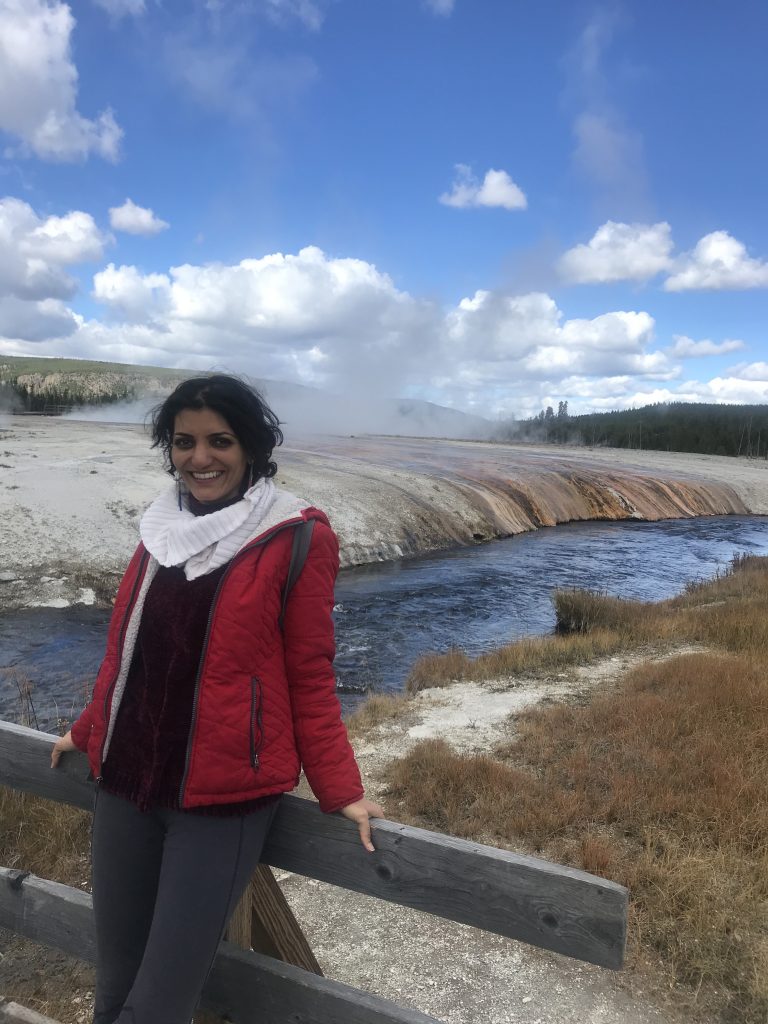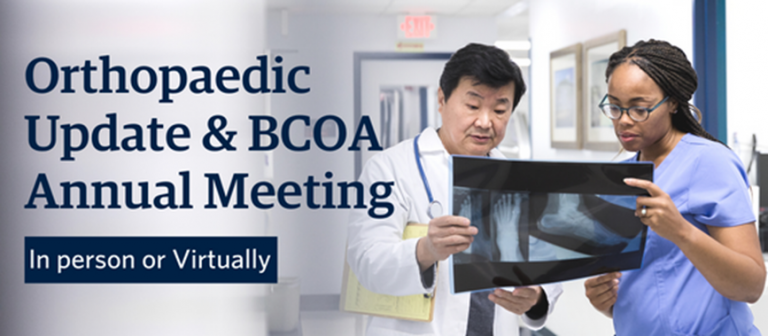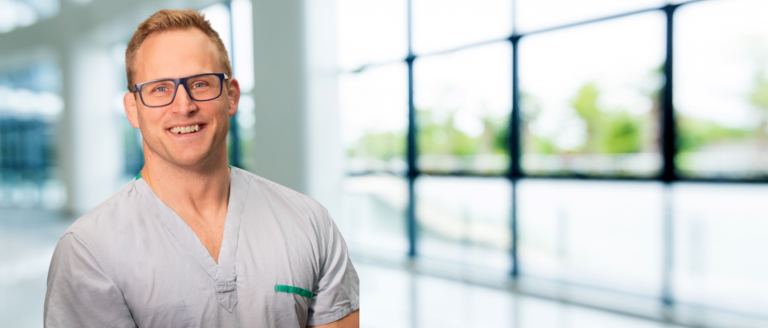
DENA SHAHRIATI
ASSISTANT PROFESSOR
Division:
Orthopaedic Research
Site:
Vancouver – Blusson Spinal Cord Centre
Dr. Dena Shahriari is an Assistant Professor with the UBC Department of Orthopaedics and UBC School of Biomedical Engineering. She leads the BioAugmentative Interfaces Laboratory at the International Collaboration on Repair Discoveries (ICORD) in Vancouver, British Columbia. Her research lives at the intersection of materials science, electrical engineering, and medicine.
Can you share a little bit about your educational background and journey, and how you got to where you are today? What inspired you to work in the field of biomaterials and bioelectronics?
Growing up I was fascinated by medical conditions and wanted to help those living with them. I wanted to become a medical doctor. When it became clear that I was way more of an engineer than a physician, I decided to become a bioengineer. Working on spinal cord injury was the first medical condition that I became determined to pursue. To follow this focused passion, I have moved across the United States from California to Michigan to Massachusetts. Through the years, I became drawn to materials science and bioelectronics.
The opportunities in developing biomaterials-based implants and their functionalizations with electronics are fascinating and powerful. Now that I am in this privileged dream position, I am delighted and eager to explore additional research opportunities that are exciting and significant—and most importantly, also fascinating to my students who will lead the projects.
What impact would you like to see your work have on patients, communities and society at large?
Our research is conducted through the lens of clinical translation with constant consultations and, when relevant, collaborations with clinicians. Serving those living with medical conditions is our priority, and we hope to improve their quality of life. A more accessible and compassionate community and society is what this is all about. We strive to contribute in our way by understanding the medical conditions and offering solutions.
What excites you most about your work? What are you most proud of?
The privilege to be able to pick a problem and work on it is truly remarkable and of utmost excitement. I must say, however, that the most joyful part of my role has become seeing the excitement and passion of my students, and how they go about research. I am most proud with my students’ accomplishments.
What is one piece of advice that you would give to current trainees?
My advice to trainees would be to choose a supportive mentor. In my opinion, the most important responsibility of an advisor is to guide students and trainees for their desired future. I would advise trainees to work on what is most important and fascinating to them.
When you’re not working, where can we find you? In or by the water is where you will find me when I am not working. Biking around the bay and to the Spanish Banks is routine for me. Open water swimming (which will have to go on pause soon with the warmth leaving us for the season) and hiking (when I can have more than a couple of hours) are the other activities I enjoy and do often.

Learn more:
- Watch Dr. Shahriari’s TEDx Talk: Transcending Disability…Toward a Cure for Spinal Cord Injury
- Read UBC Orthopaedics welcomes Dr. Dena Shahriari
- Read about Dr. Shahriari at UBC Department of Orthopaedic Research Division
- Read about Dr. Shahriari at ICORD


